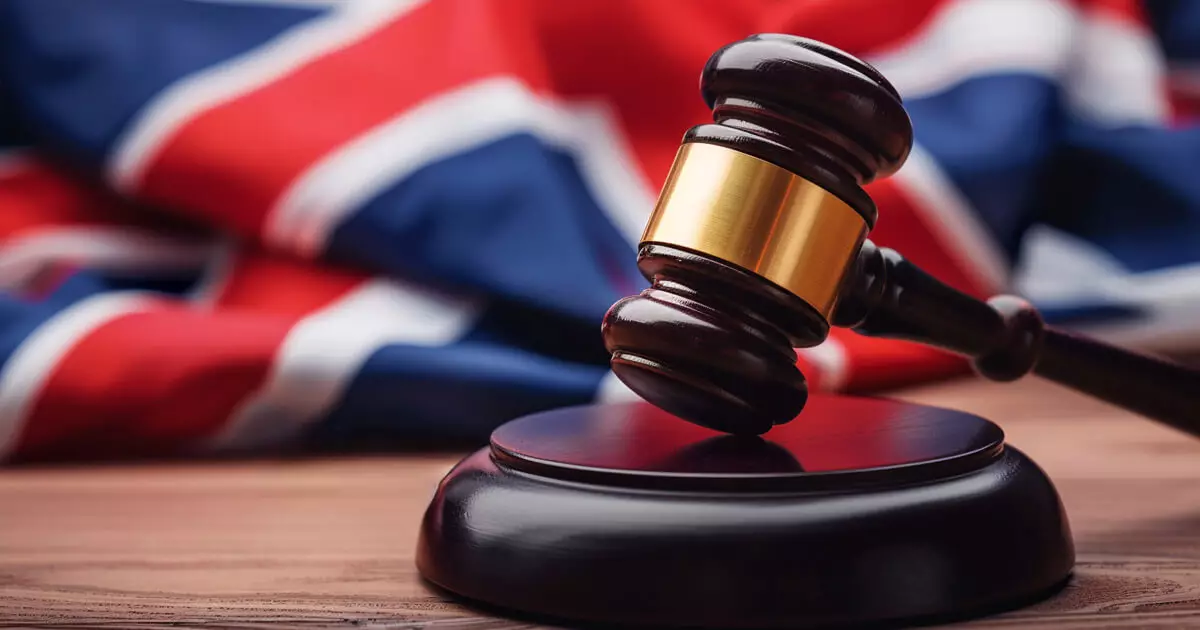The UK Law Commission recently released a scoping paper addressing the potential legal characterization of Decentralized Autonomous Organizations (DAOs) in the country. DAOs are blockchain-based communities that are created for a shared goal, such as investing in start-ups or purchasing historical documents. Despite being seen as the future of corporate governance, the Commission noted that there is no consensus on what a DAO is, how it should be structured, or what a DAO-specific entity could or should look like.
Commissioner for Commercial and Common Law, Professor Sarah Green, highlighted the challenges in defining DAOs and aligning them with existing legal forms. The lack of clear parameters defining DAOs’ structure and operations makes it difficult to apply current laws to these organizations. The Commission warned that adapting existing laws to accommodate new technologies like DAOs might hinder innovation rather than support it.
Reforms and Recommendations
While the Commission stated that there is no immediate need for a DAO-specific legal entity in England and Wales, it recommended reviewing the Companies Act 2006 to identify any necessary reforms. This review aims to facilitate the increased use of DAO technology at appropriate governance levels. Similarly, laws governing other business organizations, such as limited liability partnerships, should be reviewed with the same goal in mind.
The Law Commission also suggested further studies to assess the usefulness of non-profit limited liability associations like DAOs for organizations in England and Wales. Although a similar law in Wyoming recognizes blockchain-based DAOs as legal entities, the UK may require specific reforms to accommodate the use of code in corporate governance. Ensuring that existing legal company structures can accommodate new technologies like DAOs would be a valuable future project, according to the Commission.
Regulatory Considerations
In addition to reviewing existing laws, the Commission urged the government to consider reviewing Anti-Money Laundering regulations to determine if distributed ledger technology could achieve the same policy objectives. While a DAO-specific entity is not recommended within UK law, ensuring that existing legal company structures can accommodate new technologies like DAOs that achieve the same functional objectives as current formal requirements would be crucial for future innovation.
Solidifying the nature of what makes a DAO a DAO would likely address many of the concerns raised by the Commission. Despite the challenges in defining and regulating DAOs, the potential for innovation and technological advancement in corporate governance is significant. As DAOs continue to gain traction in the UK and globally, it will be essential for lawmakers and regulators to adapt to the changing landscape of decentralized autonomous organizations.

